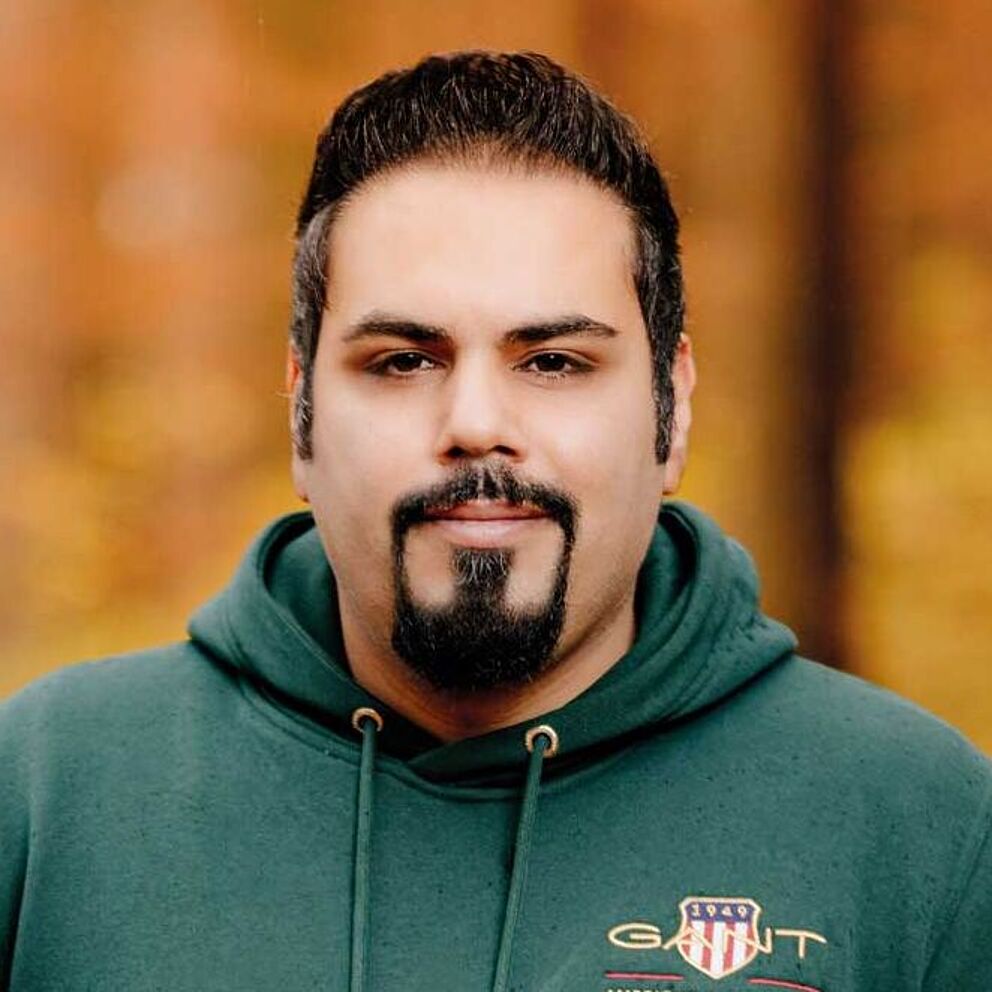How do I apply for a final thesis?
The application for a thesis follows this structure:
- Email to the responsible doctoral candidates with the request to check the requirements of the respective thesis proposals.
- Literature study and preparation of an application presentation in consultation with the supervising doctoral student.
- Application presentation as part of a microseminar and subsequent decision on supervision of the thesis.
- In case of a positive decision: immediate registration with the Examination Office
For Master's theses, we expect successful participation in at least one in-depth lecture from our department. We also recommend participation in one of the department`s project groups, which ensures familiarity with chip design software.
„In my master's thesis and later doctorate, I dealt with "the development of a continuously tunable frequency synthesiser with a mode-locked laser as a clock source". More specifically, my research is about a frequency synthesiser that has very low phase noise.”

Scientist in the "System and Circuit Technology" workgroupv at the Heinz Nixdorf Institute at Paderborn University from Paderborn
